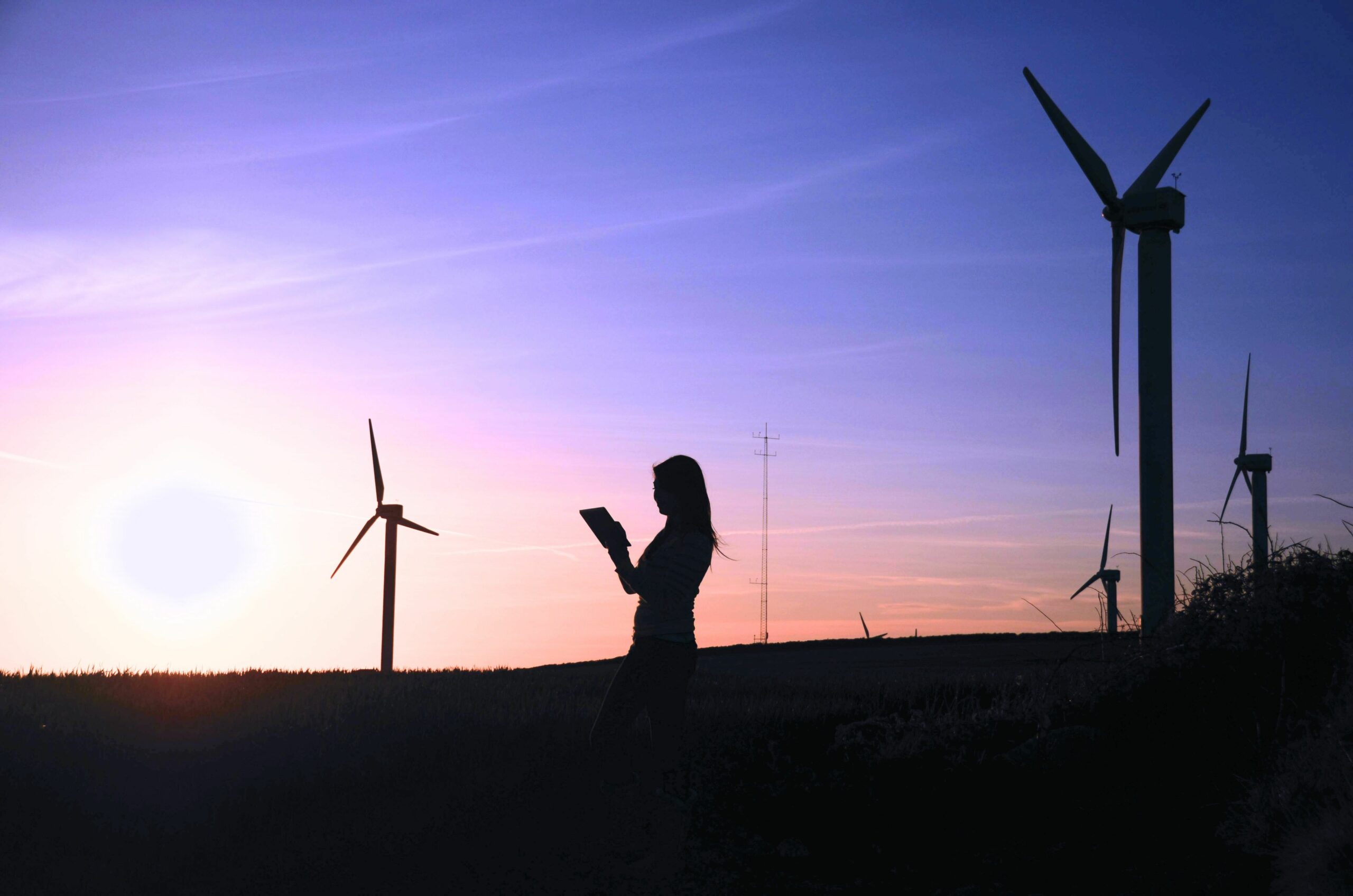The role of women in the energy transition of emerging economies is essential to ensuring a sustainable future. As innovators, entrepreneurs, and community leaders, they play a key role in adopting renewable energy and managing energy resources. Their impact goes far beyond local solutions, actively contributing to global change needed to achieve sustainable development goals.
1. Key Contributions of Women
THEIR COMMUNITY ROLE
-
Energy resource management: In many regions, women oversee household energy needs. This responsibility drives them to seek and adopt solutions such as improved cookstoves or home solar systems.
-
Local initiatives: By integrating sustainable practices into their communities, they become agents of change.
THEIR ENTREPRENEURIAL IMPACT
-
Creation of green businesses: Many women establish companies in the renewable energy sector, such as solar mini-grids or biogas distribution businesses.
-
Maintenance and installation: Local female technicians trained to install and maintain these technologies bring innovation at the community level.
ADVOCACY AND AWARENESS
Women leaders influence energy policies and raise awareness within communities about the benefits of renewable energy.
2. The Role of Women in the Energy Transition: A Driving Force for Emerging Economies
SUCCESSFUL INITIATIVES
-
M-KOPA (East Africa): This company employs women to distribute solar kits, providing affordable energy access to thousands of rural households.
-
Barefoot College (India): This program trains rural women to become solar engineers, offering them autonomy and technical skills.
-
SELCO Solar (India): With their support, women actively participate in installing and maintaining local energy solutions.
3. Innovative Contributions of Women in the Energy Transition of Emerging Economies
-
Access to financing: Women entrepreneurs often struggle to obtain the necessary funding to develop their projects.
-
Social prejudices: Gender norms sometimes limit recognition and integration of women in the sector.
-
Technological gap: Limited technical training in some regions restricts their ability to innovate.
4. Solutions to Maximize Their Impact
-
Invest in training: Create technical programs specifically designed for women in the energy sector.
-
Inclusive financing: Establish funding mechanisms tailored to women-led initiatives.
-
Support women’s networks: Encourage collaboration among women entrepreneurs to share knowledge and opportunities.
The role of women in the energy transition is indispensable for building a sustainable future. By providing greater financial, educational, and policy support, emerging economies can not only accelerate the energy transition but also strengthen gender equality. Women innovators embody the resilience and ingenuity needed to address global energy challenges.
